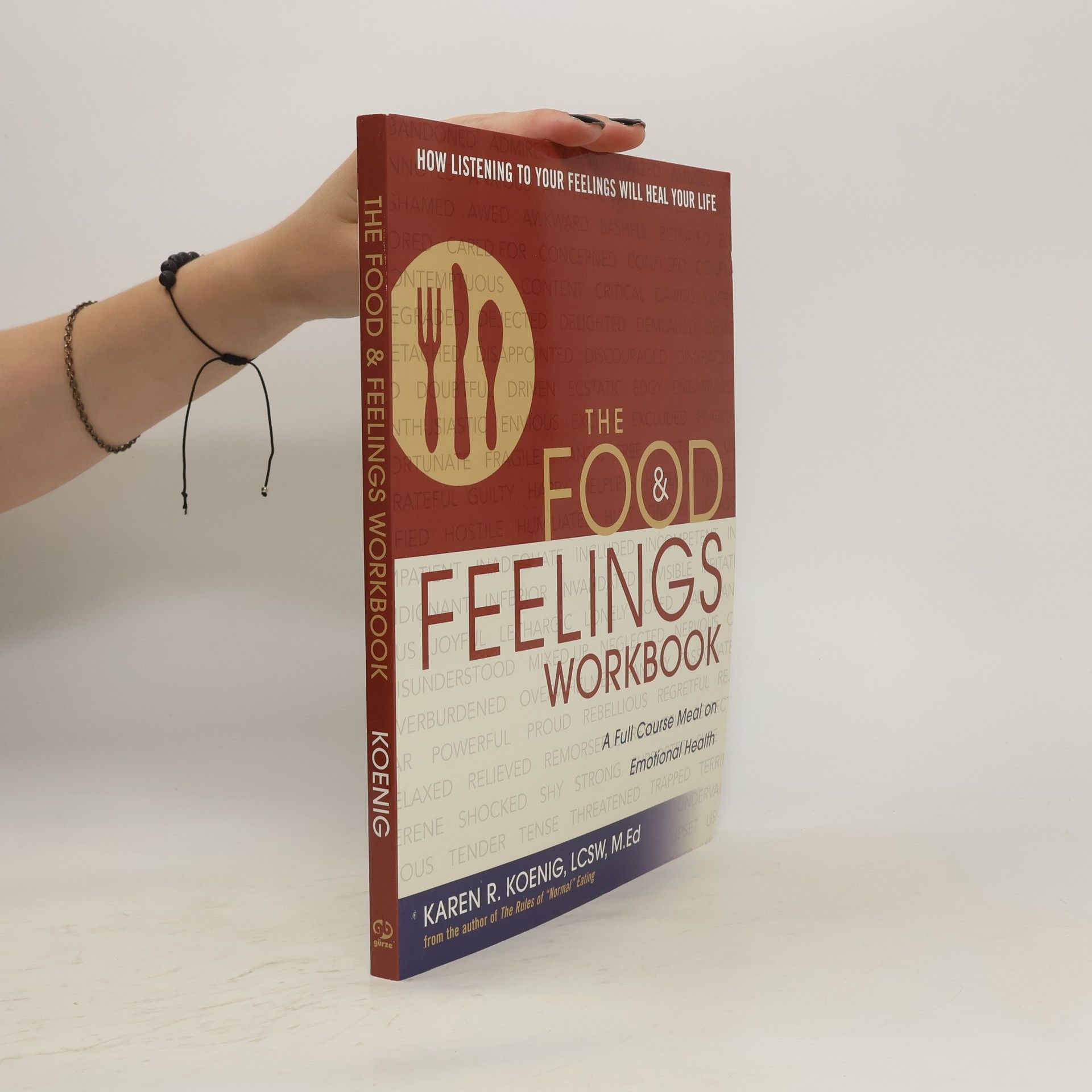Warum die nettesten Frauen am schnellsten dick werden
- 368 pages
- 13 hours of reading
In 9 von 10 Fällen sind es psychische Ursachen, die der Figur schaden Nett macht fett – denn viele Frauen laden sich zu viel auf, sowohl wörtlich als auch bildlich, und können einfach nicht nein sagen. Karen R. Koenig zeigt, wie sie überflüssiges Gewicht loswerden können – emotional und körperlich –, indem sie besser auf sich achtgeben und sich auch mal an erster Stelle setzen, ohne dabei unfreundlich zu werden. Das erste Buch, das den Zusammenhang zwischen Perfektionismus und Übergewicht beschreibt.

